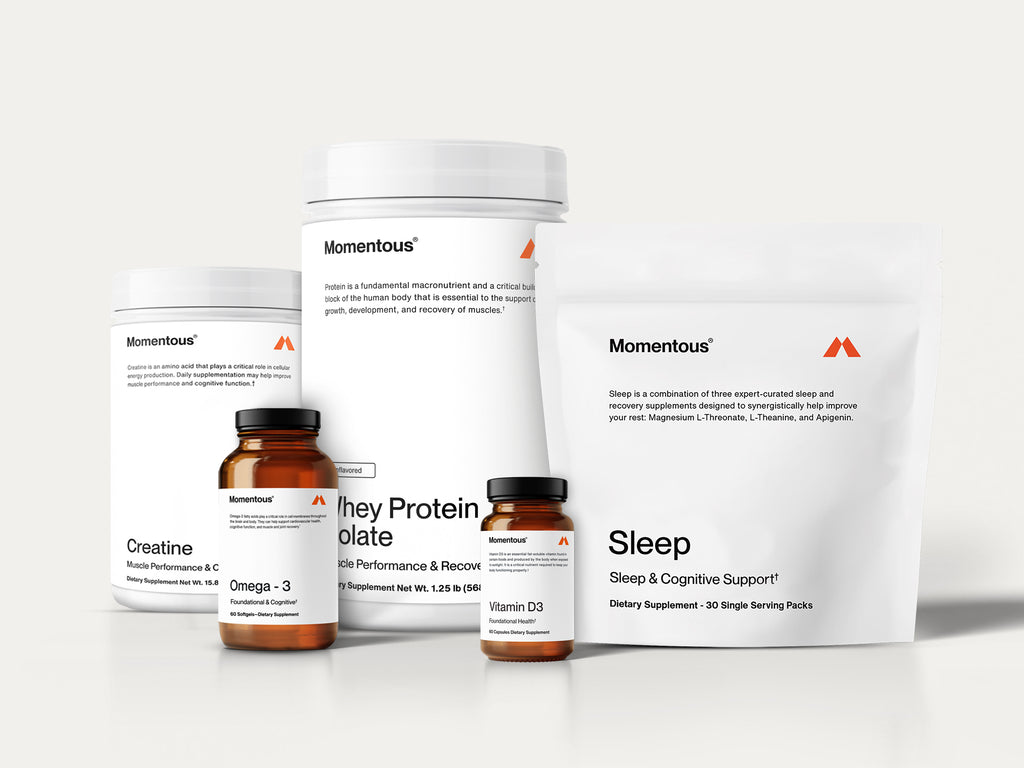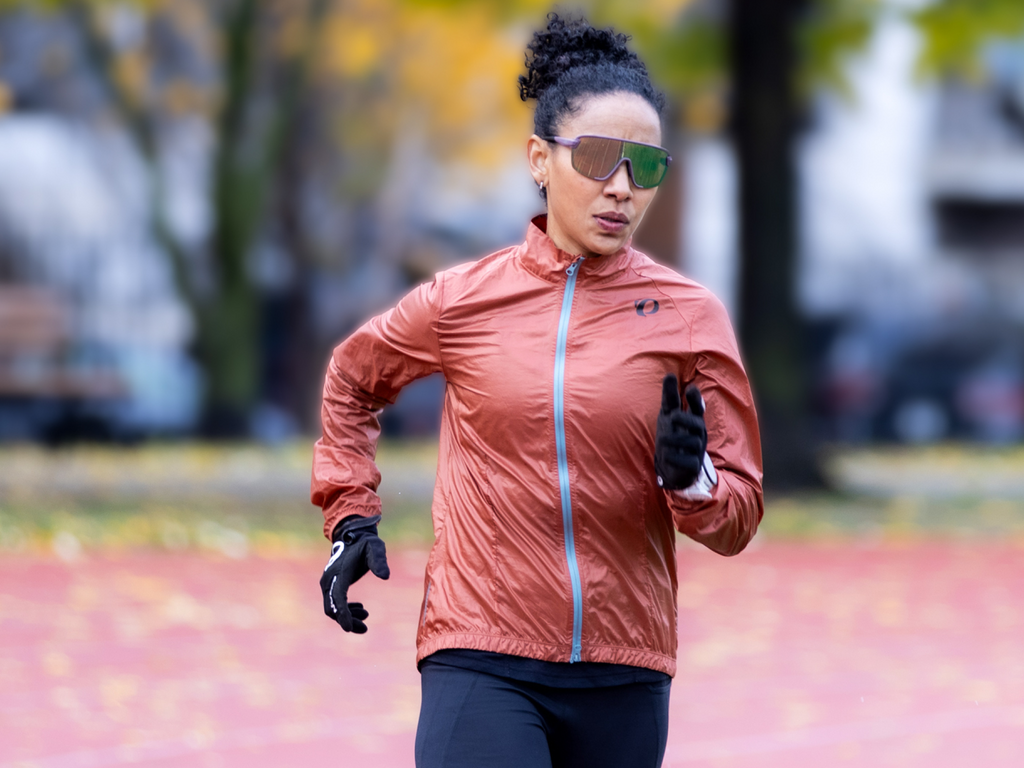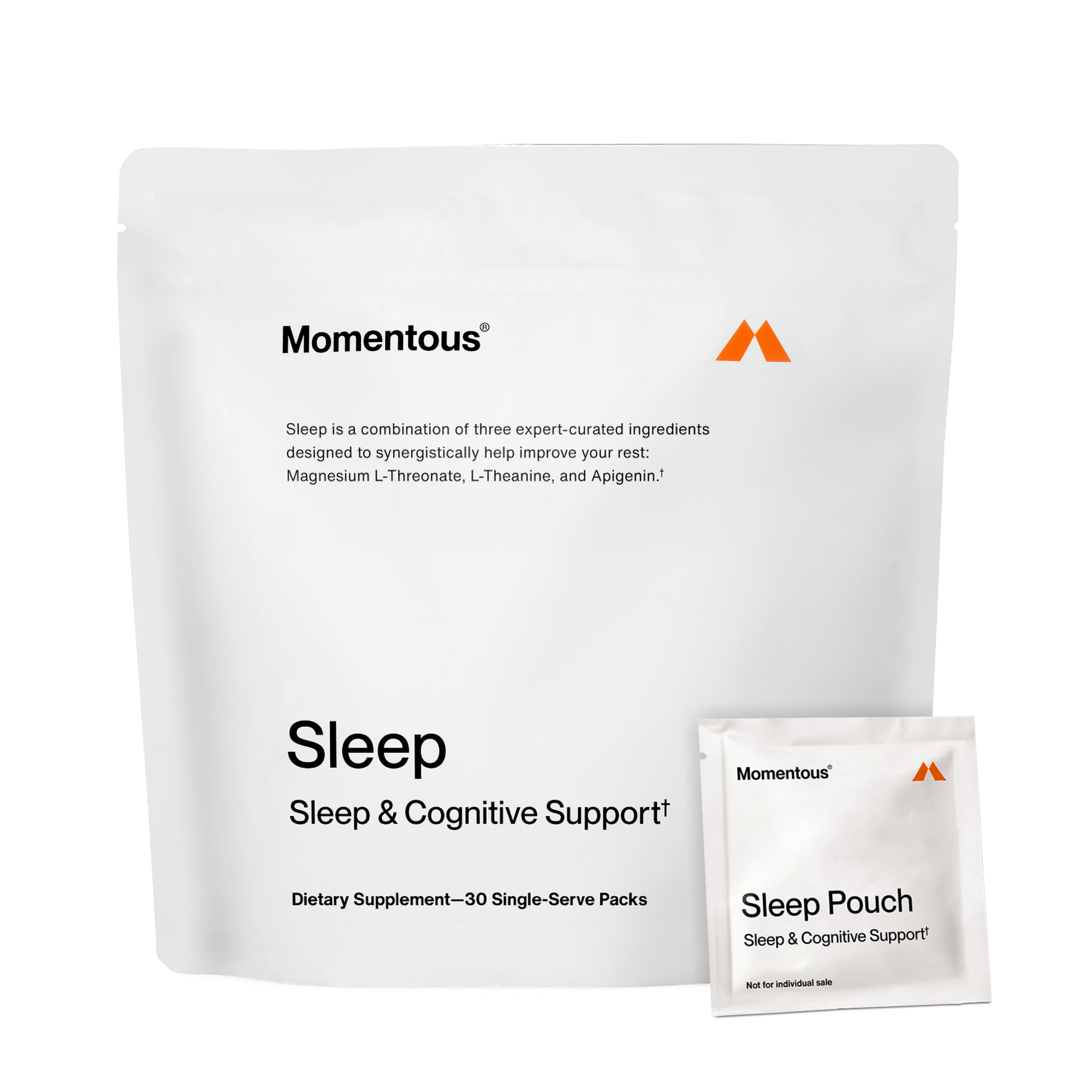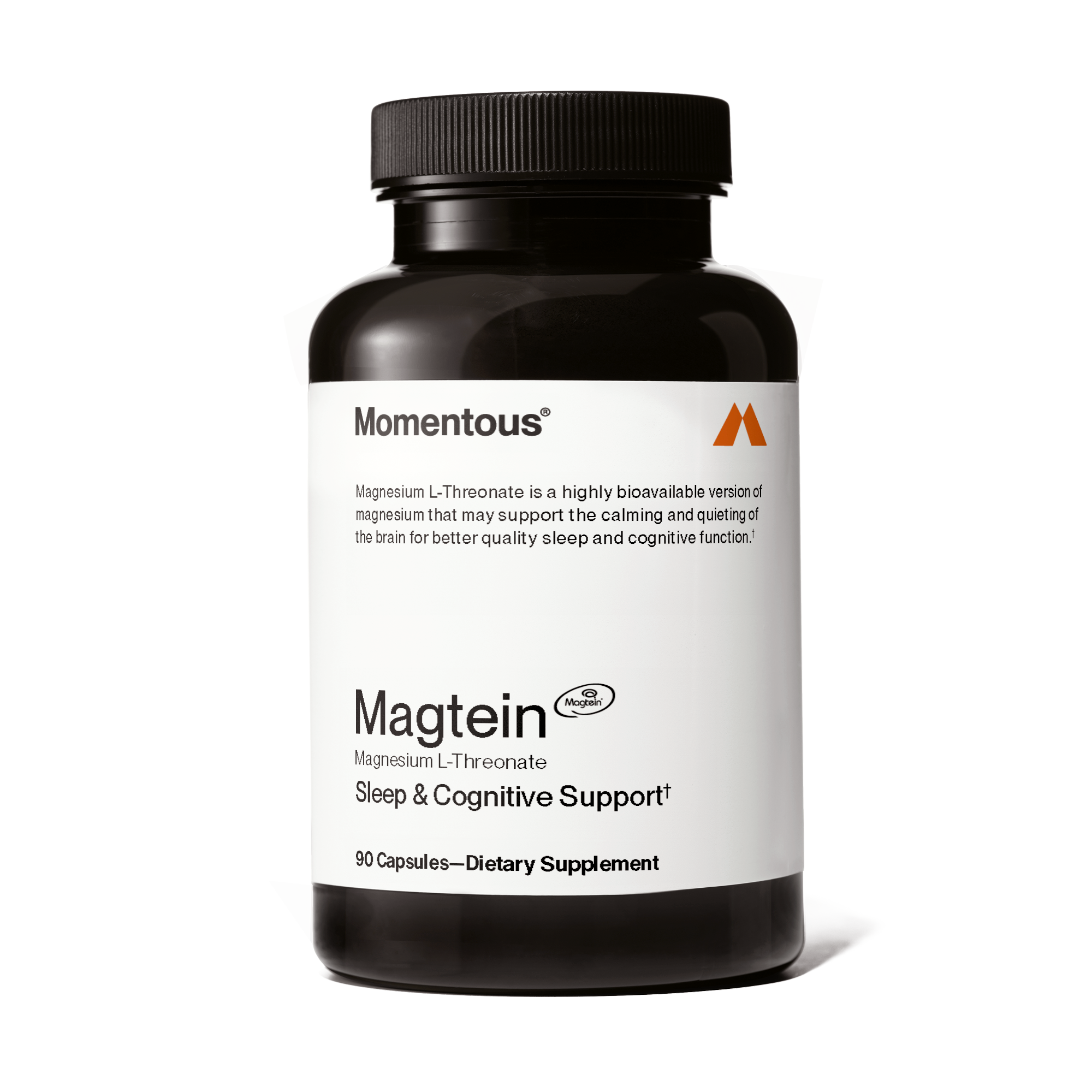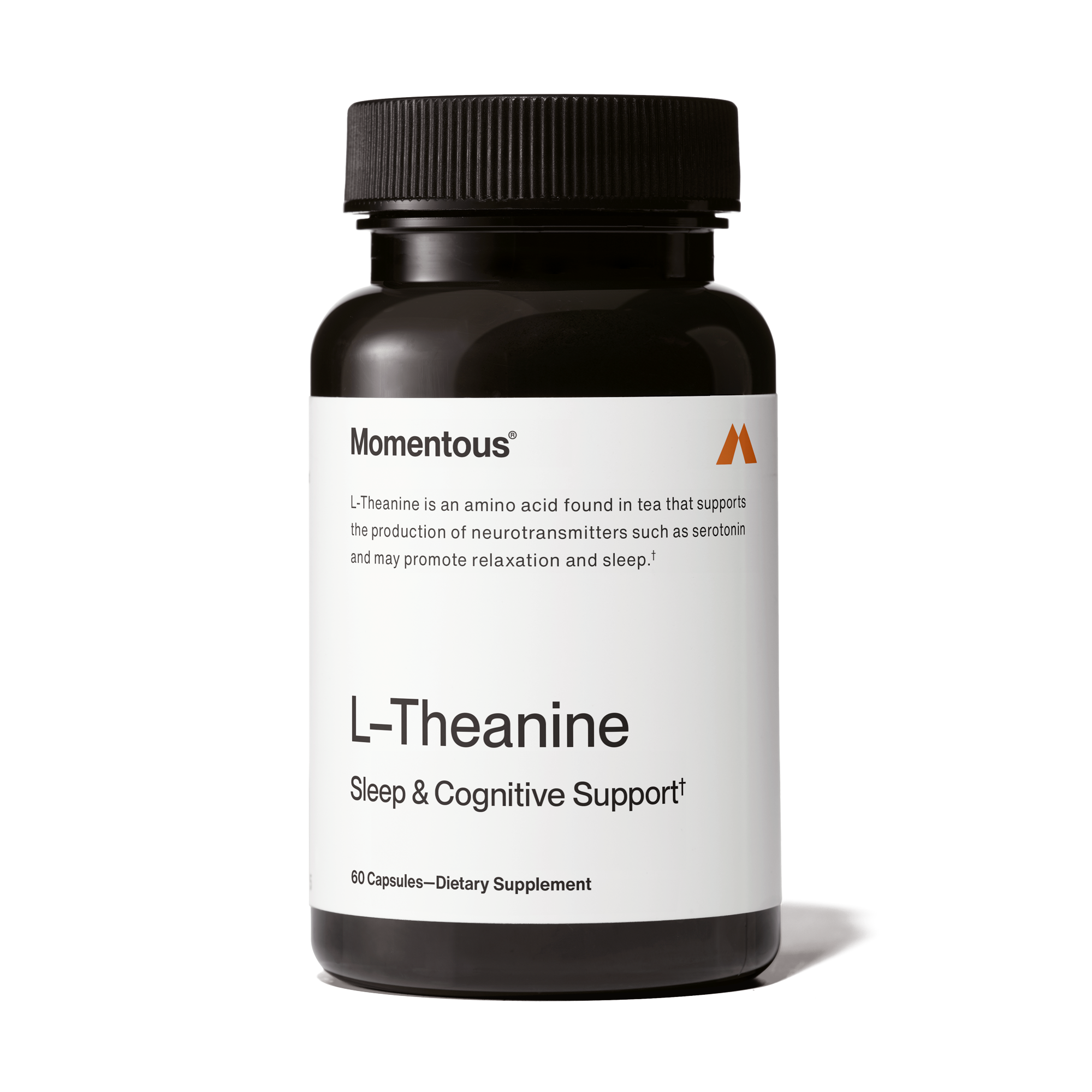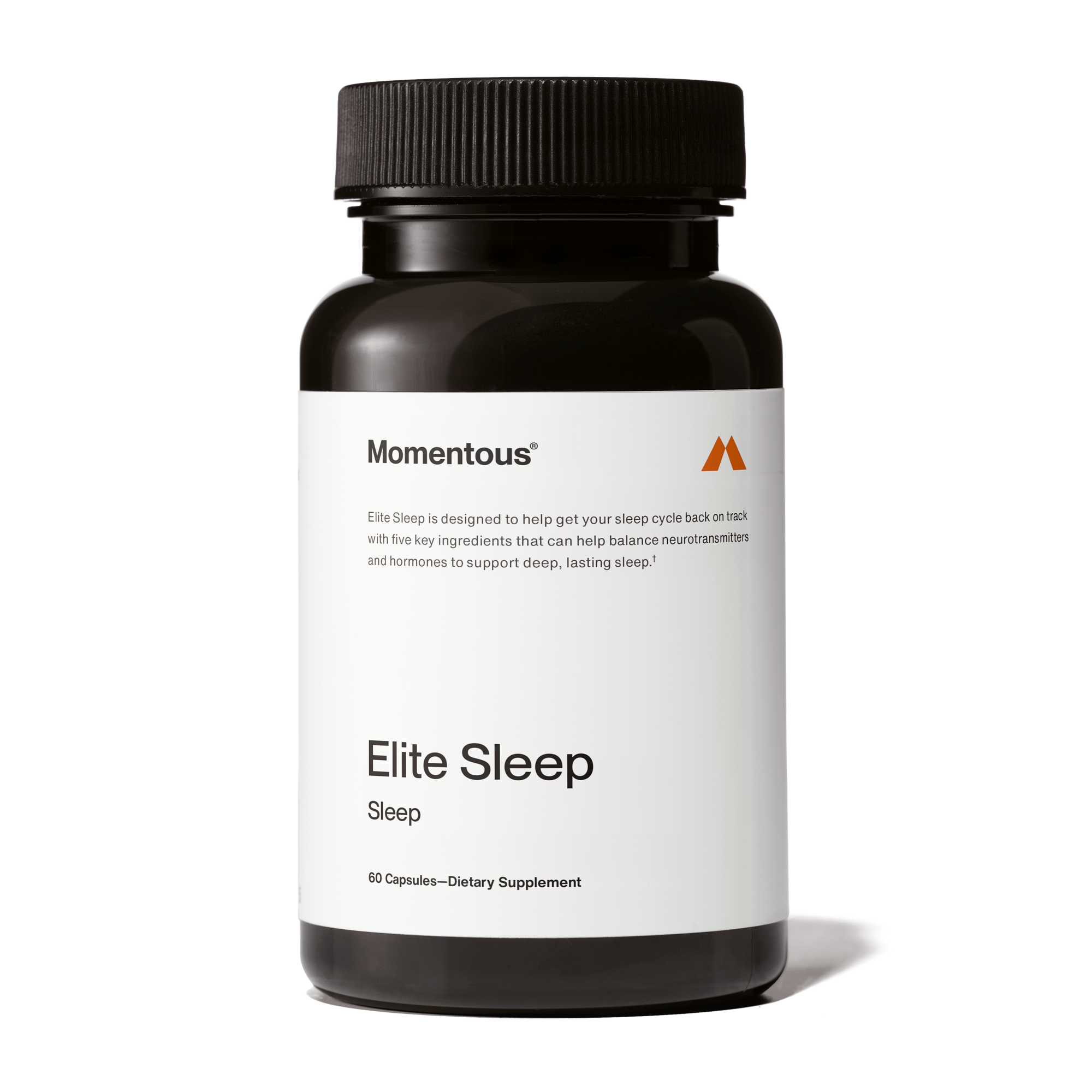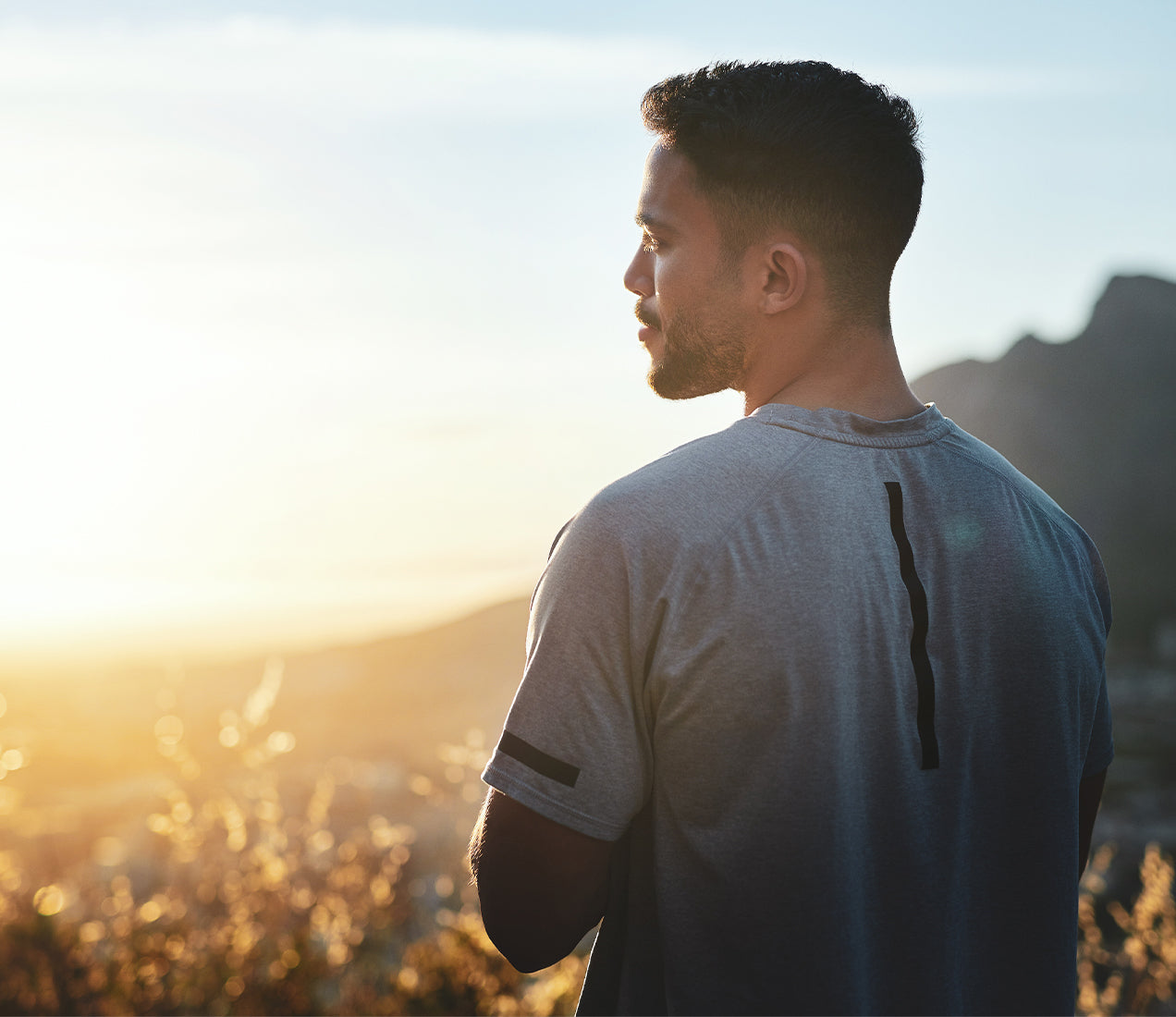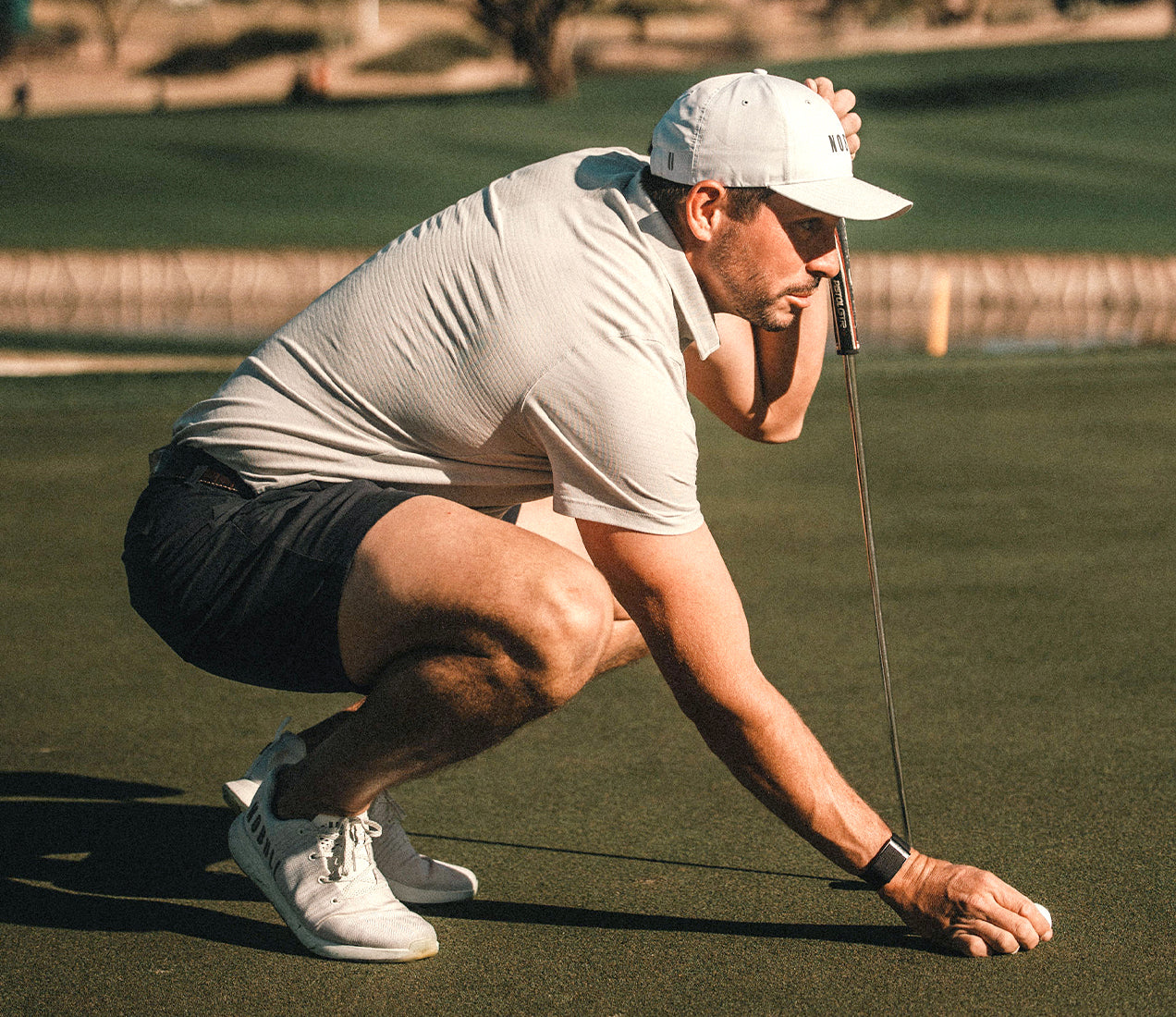A science-backed blend to help optimize your nightly rest
Sleep, Cognitive Function
Sleep, Cognitive Function
Sleep
The age-old question: is it better to get a good night's sleep or a proper workout? The truth is, the two are not mutually exclusive. Research has shown that exercise and sleep are a dynamic duo that, when appropriately paired, can supercharge your overall health and well-being. While exercise is not always thought of as an intervention or remedy for sleep issues, research has shown time and time again that exercise can be even more beneficial than sleeping pills. Let's look at what the research says and go through some common questions you might have about how to use exercise to optimize your sleep schedule.
How does exercise impact our sleep?
A review of the literature shows that acute exercise has beneficial effects on total sleep time, the time it takes to fall asleep, sleep efficiency, the transition into a deep sleep, and the deep, slow wave sleep itself (1). Exercise can also help regulate hormones and metabolism (2), which are vital to feeling well-rested, energized, and ready to take on the day.
Exercise is more than just a tool that helps at nighttime. It can also profoundly impact our mental and emotional well-being (3). For those who have insomnia, sleep apnea, and anxiety, incorporating physical activity into daily routines can help alleviate symptoms and improve overall sleep quality (4). By addressing both the physical and mental components of sleep, exercise can be a powerful weapon in the fight against sleep issues and a valuable tool for promoting overall health and well-being.
Time of Day
Keep in mind that when you exercise could affect your sleep quality. Exercising too close to bedtime could raise your body temperature and release endorphins, making it tough to fall asleep. Other studies have shown no noticeable impact (5). Generally speaking, exercise earlier in the day is best for sleep and consistency, but getting some exercise before bed is better than no exercise at all. If you choose to exercise before bed, it might be best to ensure it's a low-key and relaxed routine that prepares your body and mind for sleep. Additionally, incorporating deep breathing or controlled breath work for three to five minutes post-exercise can help you down regulate and ease your transition to sleep if you exercise close to your bed time. It ultimately comes down to what works best for you. Experiment by working out at different times of the day and find the optimal schedule for your body.
Type of Exercise
One-off and regular exercise have been shown to affect sleep positively (6). Whether you enjoy intense, single training sessions or prefer a slow and steady approach, the benefits of improved sleep can still be yours. Studies have demonstrated that acute exercise, like a high-intensity workout without a set schedule, can provide immediate benefits to sleep. However, regular exercise on a solid schedule can provide long-term improvements to sleep quality and quantity that will be even more beneficial to your health and wellness.
Consistency is Key
It doesn't matter if you prefer moderate aerobic exercise, resistance training, yoga, or a brisk walk, as long as you make it a regular part of your routine. Regular exercise has been shown to affect sleep quality positively, so it's important to make time for physical activity consistently. If you're someone still building workout consistency, don't stress. Most people see the benefits of exercise on their sleep that very night. Aim for at least 30 minutes of physical activity at least 3 to 5 times a week, but even a short walk before bed can make a difference.
Exercise is clearly a fantastic tool for improving sleep quality and quantity and provides numerous additional benefits to our overall well-being. It can help stabilize your mood and relax your mind, aiding the natural transition to sleep. Whether you prefer an intense workout routine or a more relaxed pace, it is important to find what works best for you and make it a regular part of your routine. If you want to build up a solid nighttime protocol, we have some science-backed supplements, like Sleep-Pack, to help your body prepare for sleep. By taking the right supplements and incorporating exercise into your daily habits, you can take control of your sleep and help ensure you're getting the rest and recovery you need to perform at your best.
----
- Kredlow, M.A., Capozzoli, M.C., Hearon, B.A. et al. (2015). The effects of physical activity on sleep: a meta-analytic review. Journal of Behavioral Medicine, 38, 427–449.
- Spiegelman, B. (Ed.). (2017). Hormones, metabolism and the benefits of exercise. Springer International Publishing.
- Penedo, F. J., & Dahn, J. R. (2005). Exercise and well-being: a review of mental and physical health benefits associated with physical activity. Current Opinion in Psychiatry, 18(2), 189–193.
- Stathopoulou, G., Powers, M. B., Berry, A. C., Smits, J. A. J., & Otto, M. W. (2006). Exercise Interventions for Mental Health: A Quantitative and Qualitative Review. Clinical Psychology: Science and Practice, 13(2), 179–193.
- Vincent, G. E., Sargent, C., Roach, G. D., Miller, D. J., Kovac, K., Scanlan, A. T., Waggoner, L. B., & Lastella, M. (2020). Exercise before bed does not impact sleep inertia in young healthy males. Journal of Sleep Research, 29(3), e12903.
- Bonardi, J. M. T., Lima, L. G., Campos, G. O., Bertani, R. F., Moriguti, J. C., Ferriolli, E., & Lima, N. K. C. (2016). Effect of different types of exercise on sleep quality of elderly subjects. Sleep Medicine, 25, 122–129.
